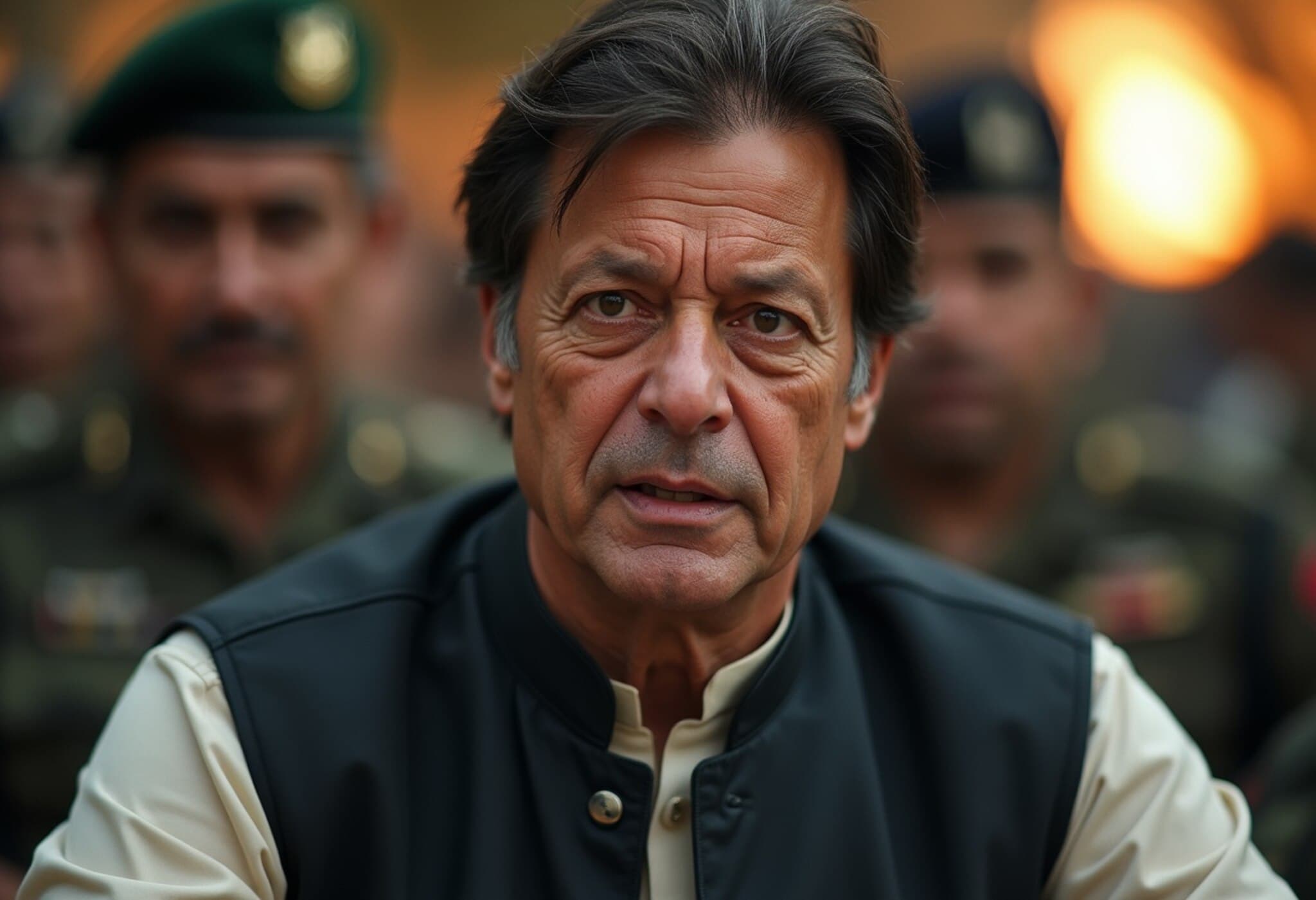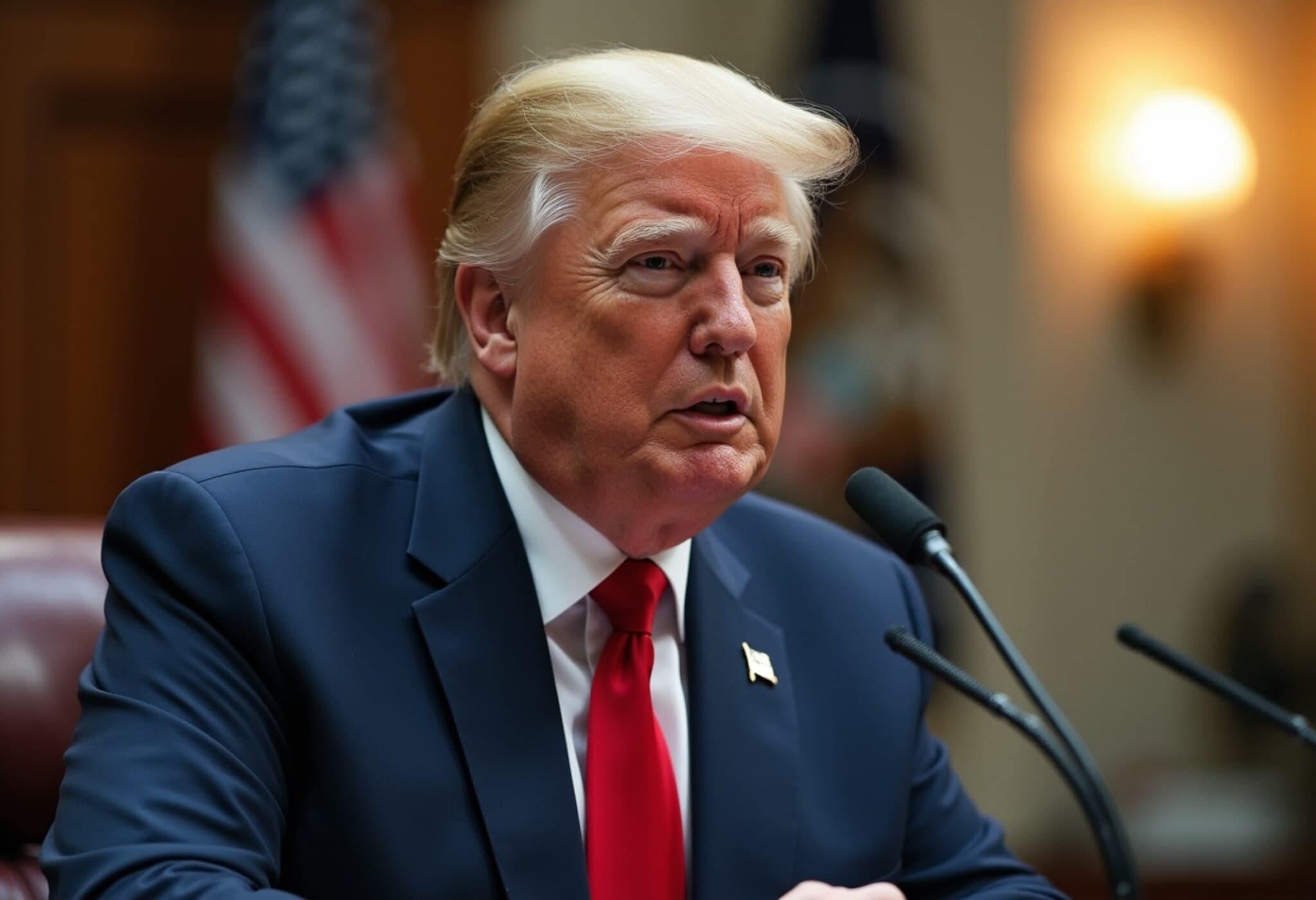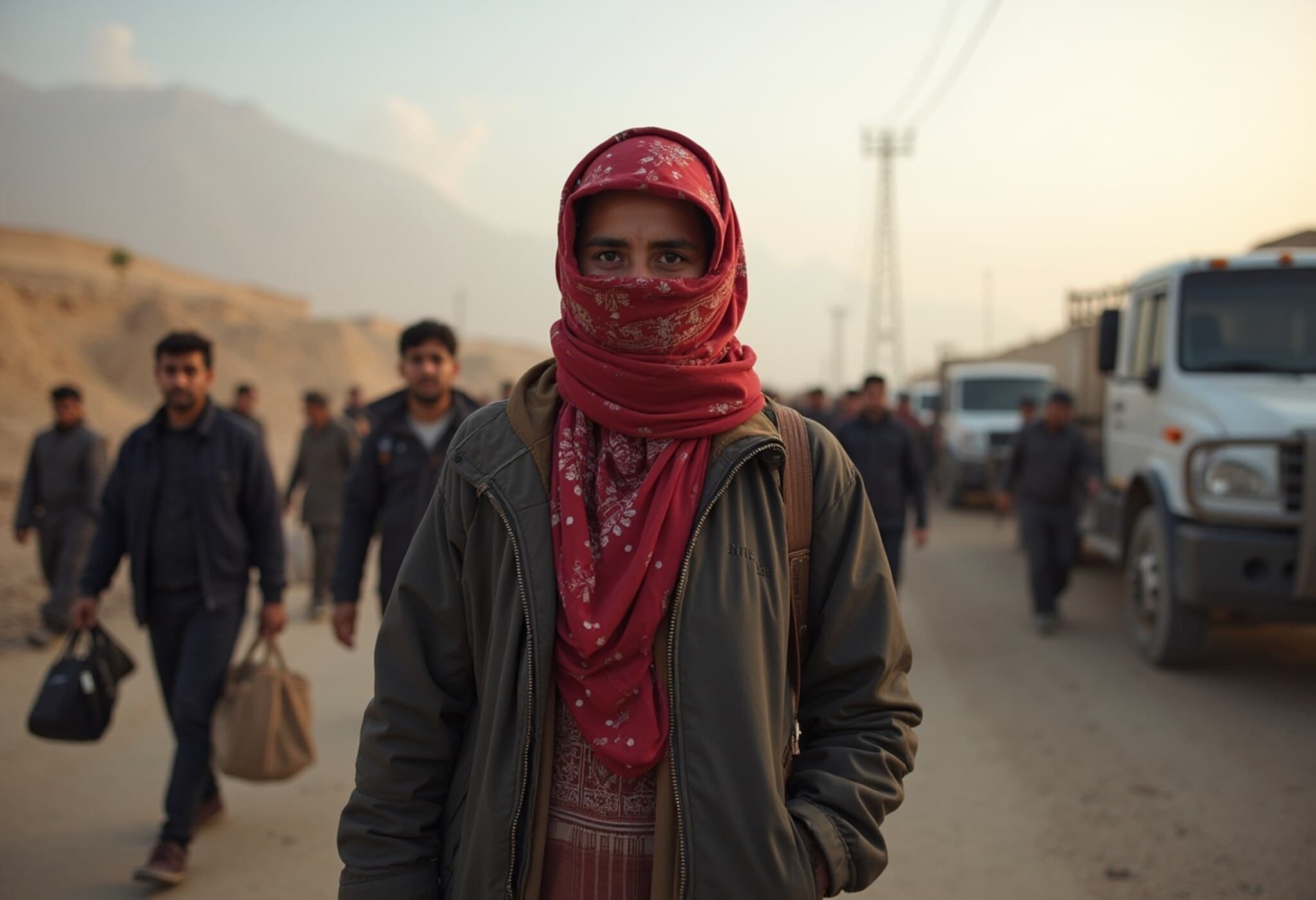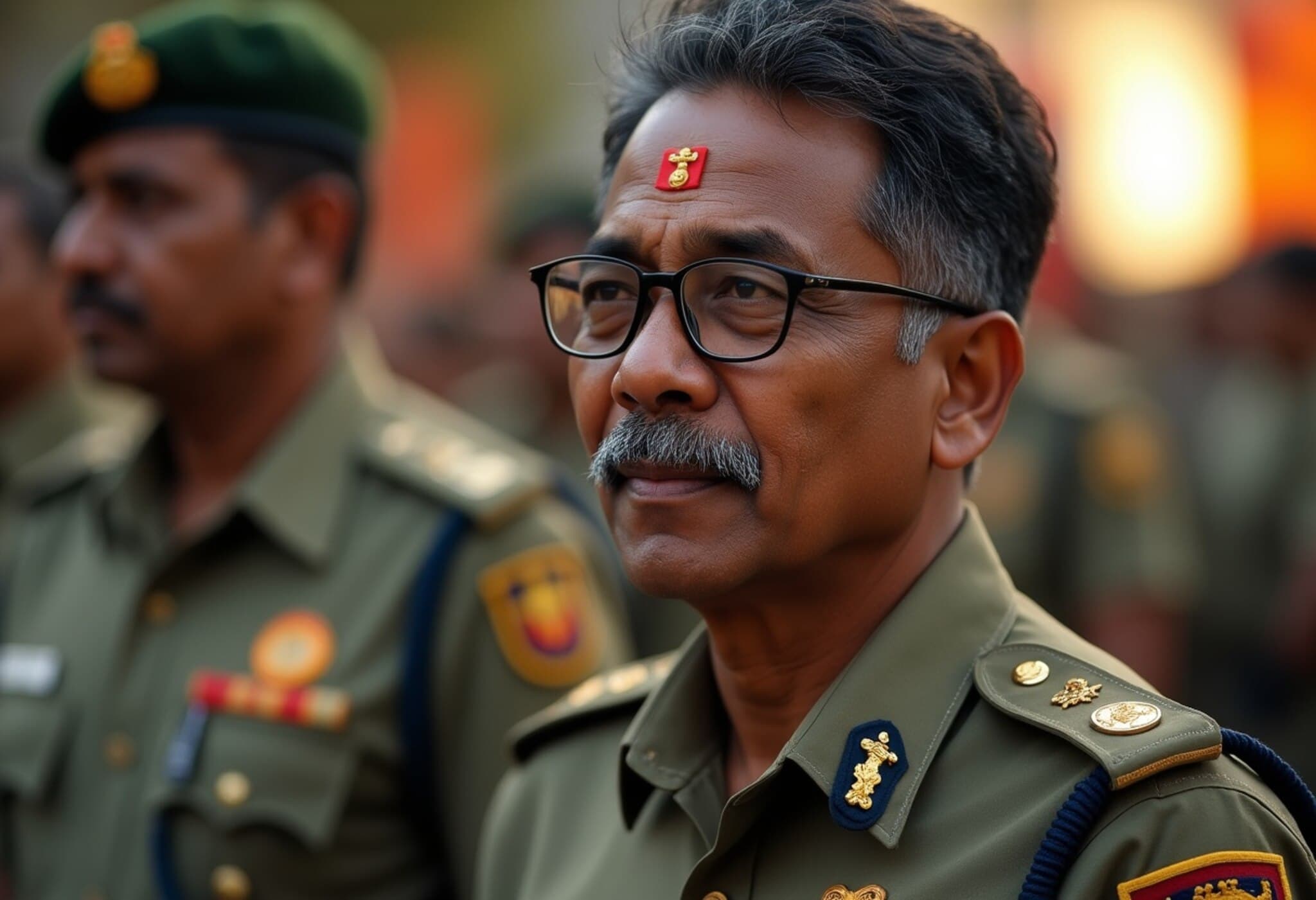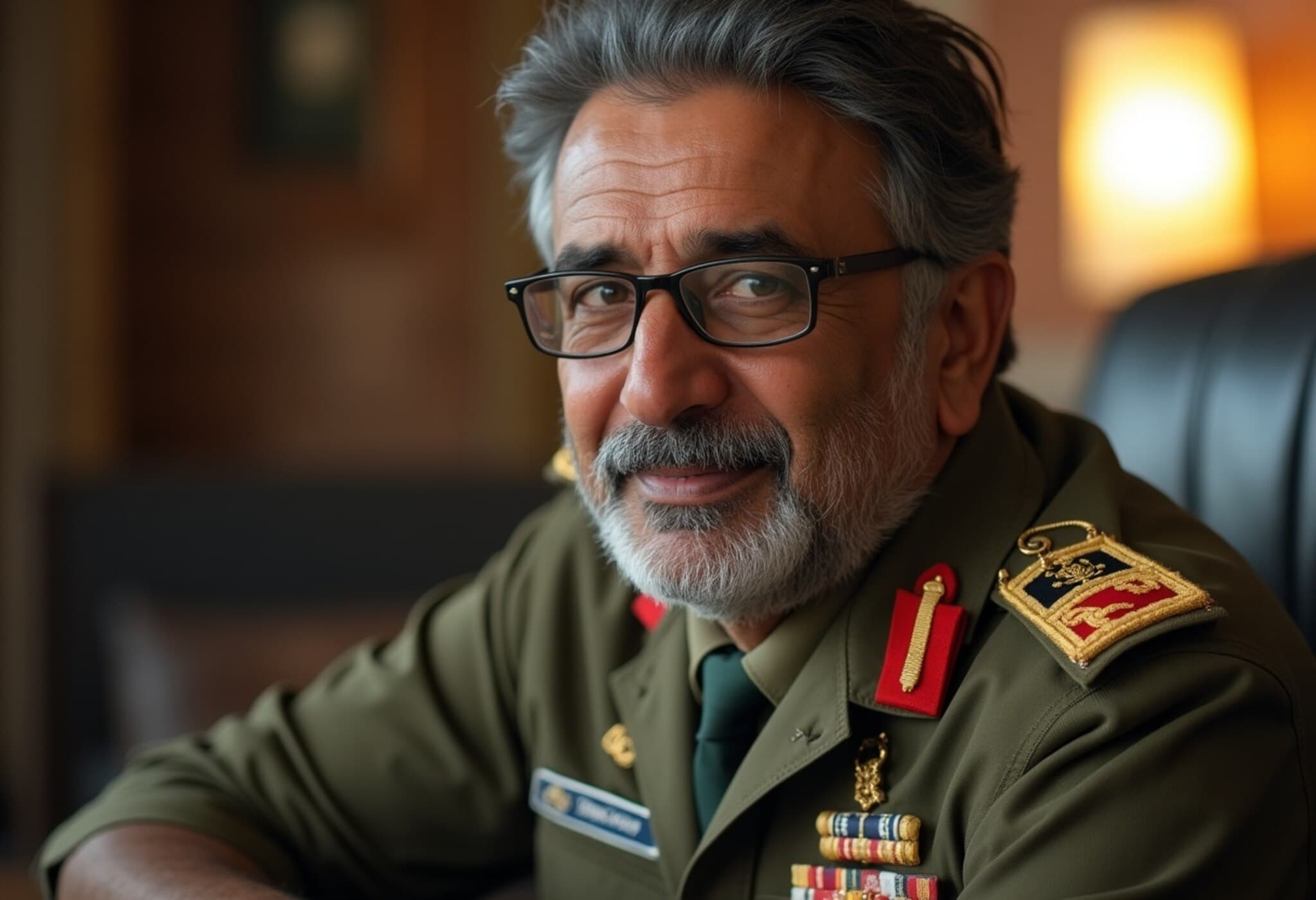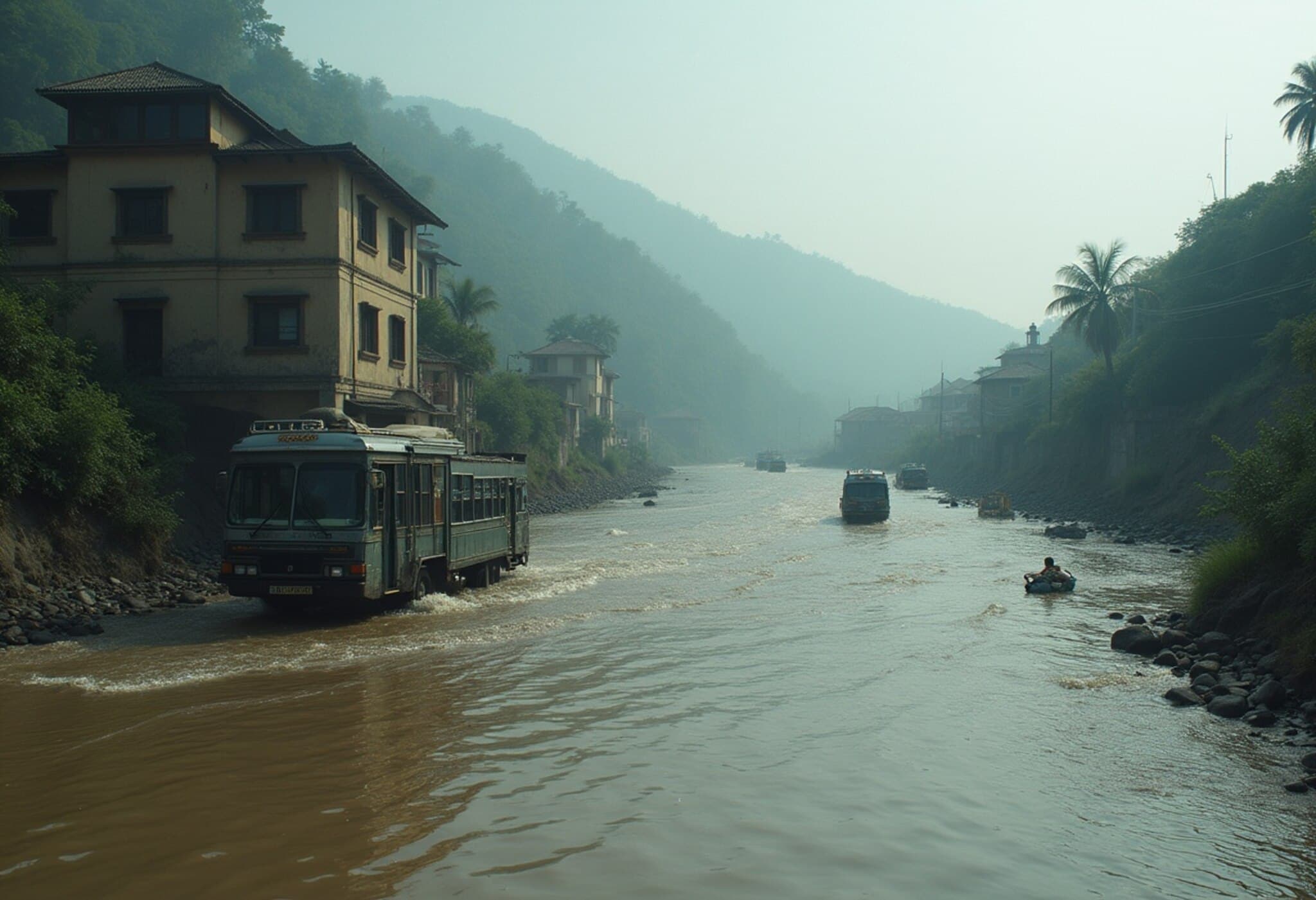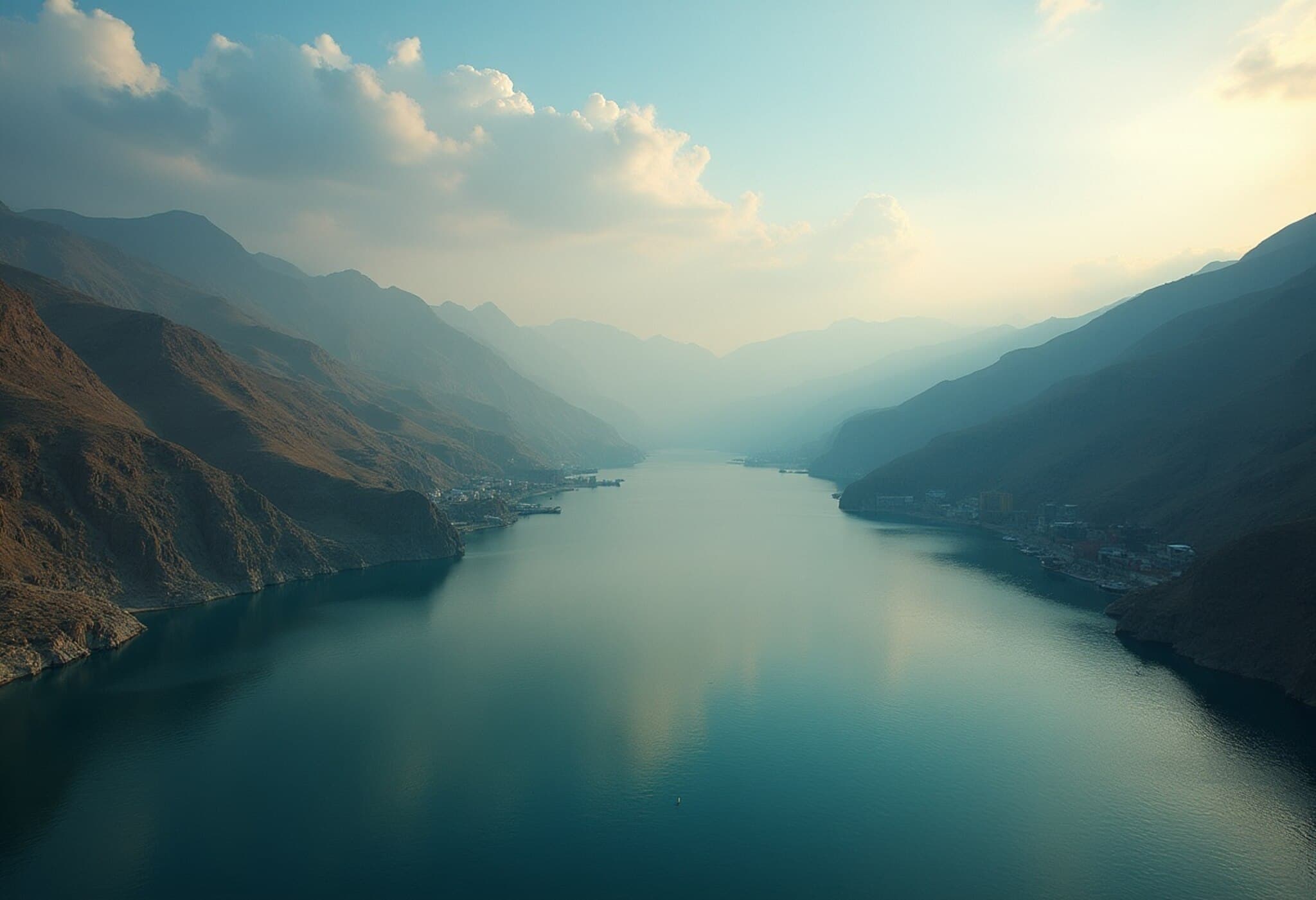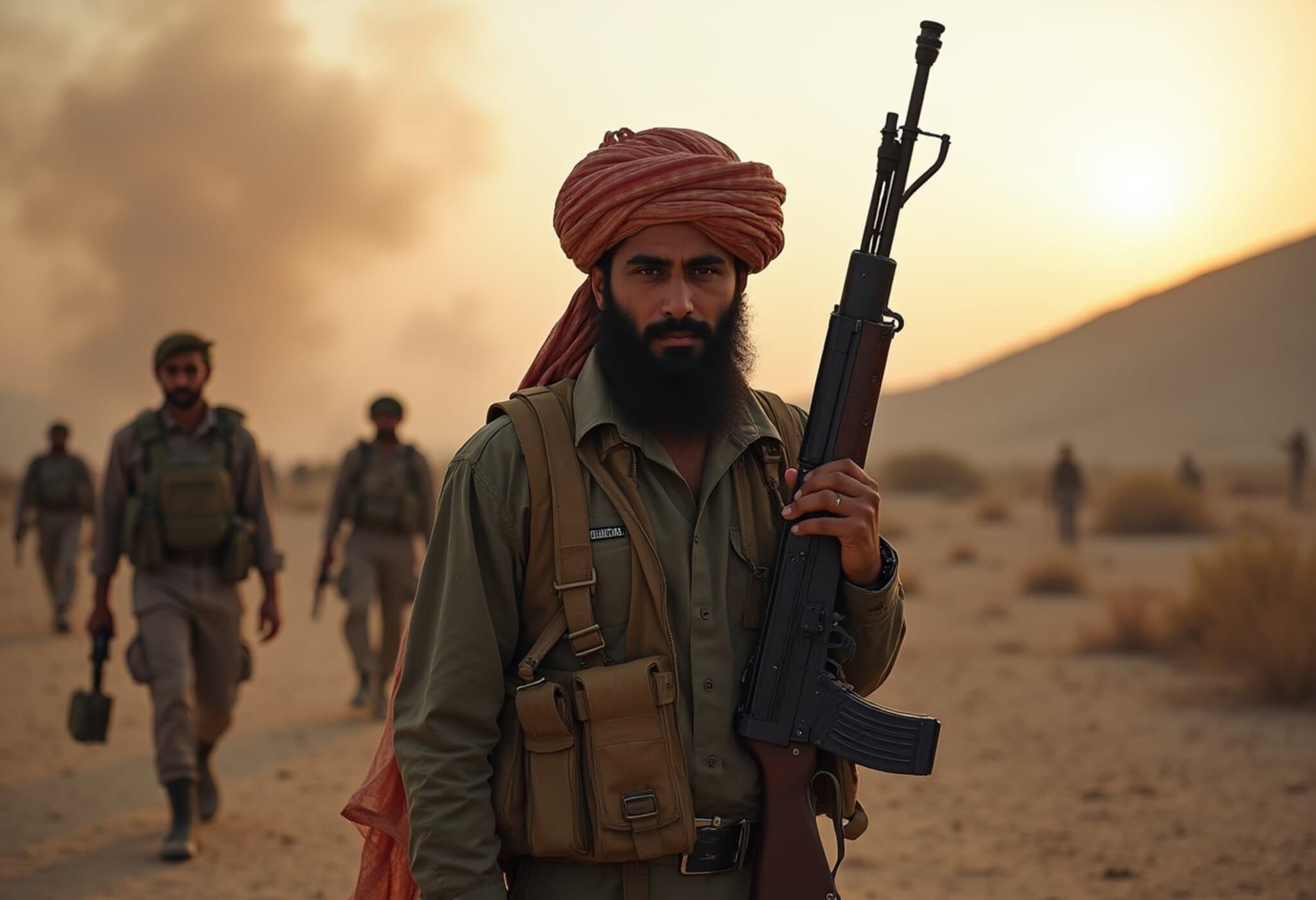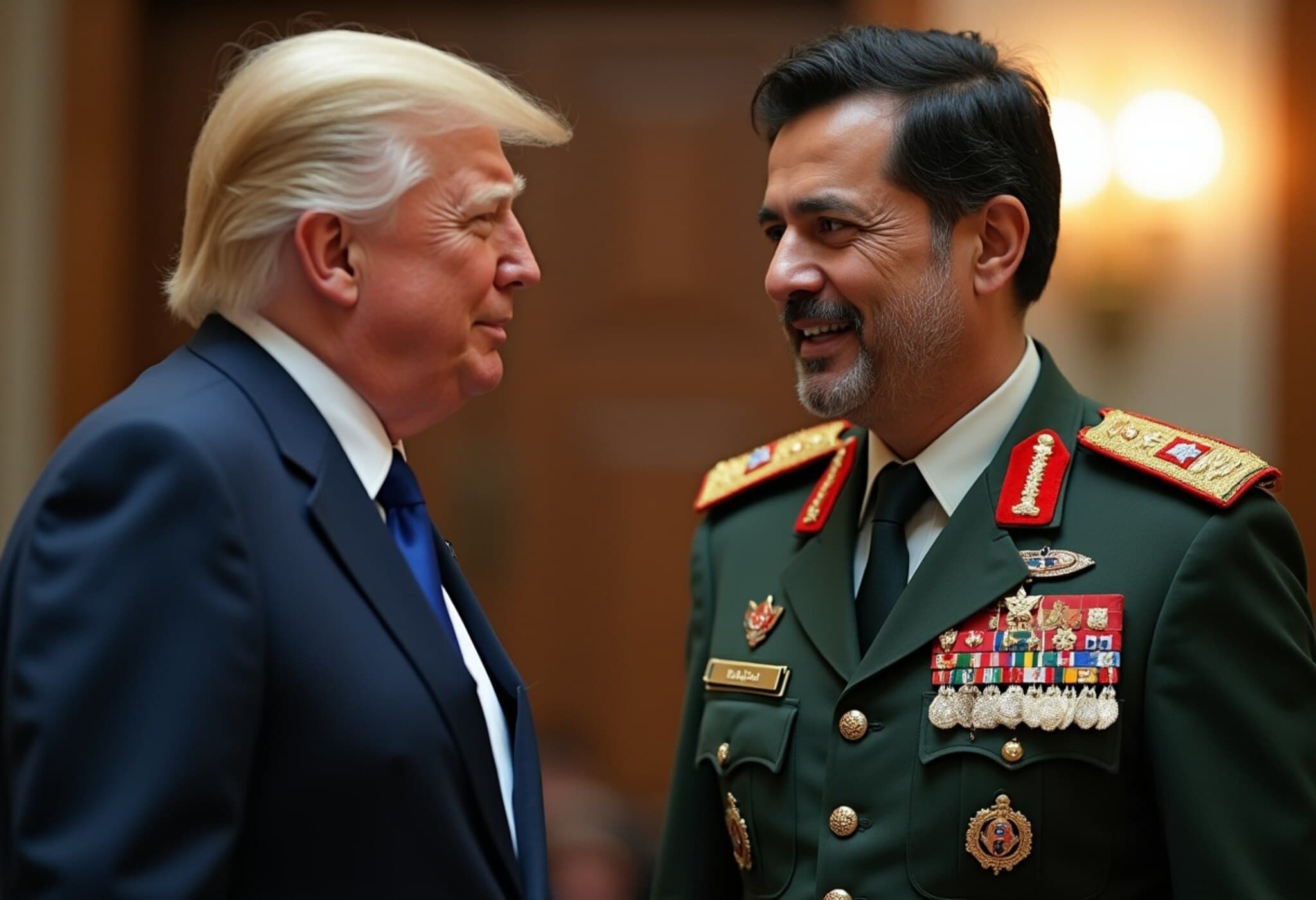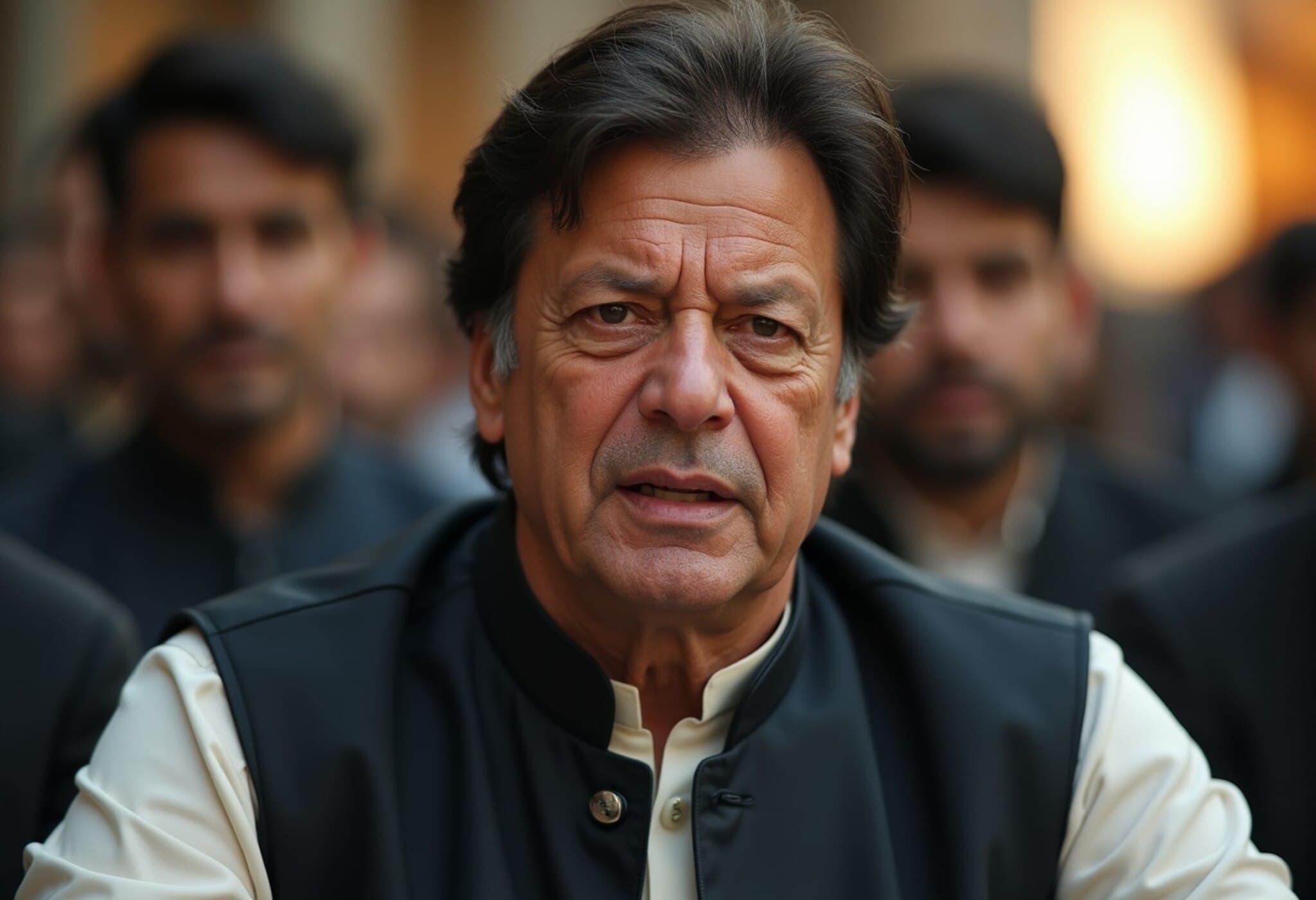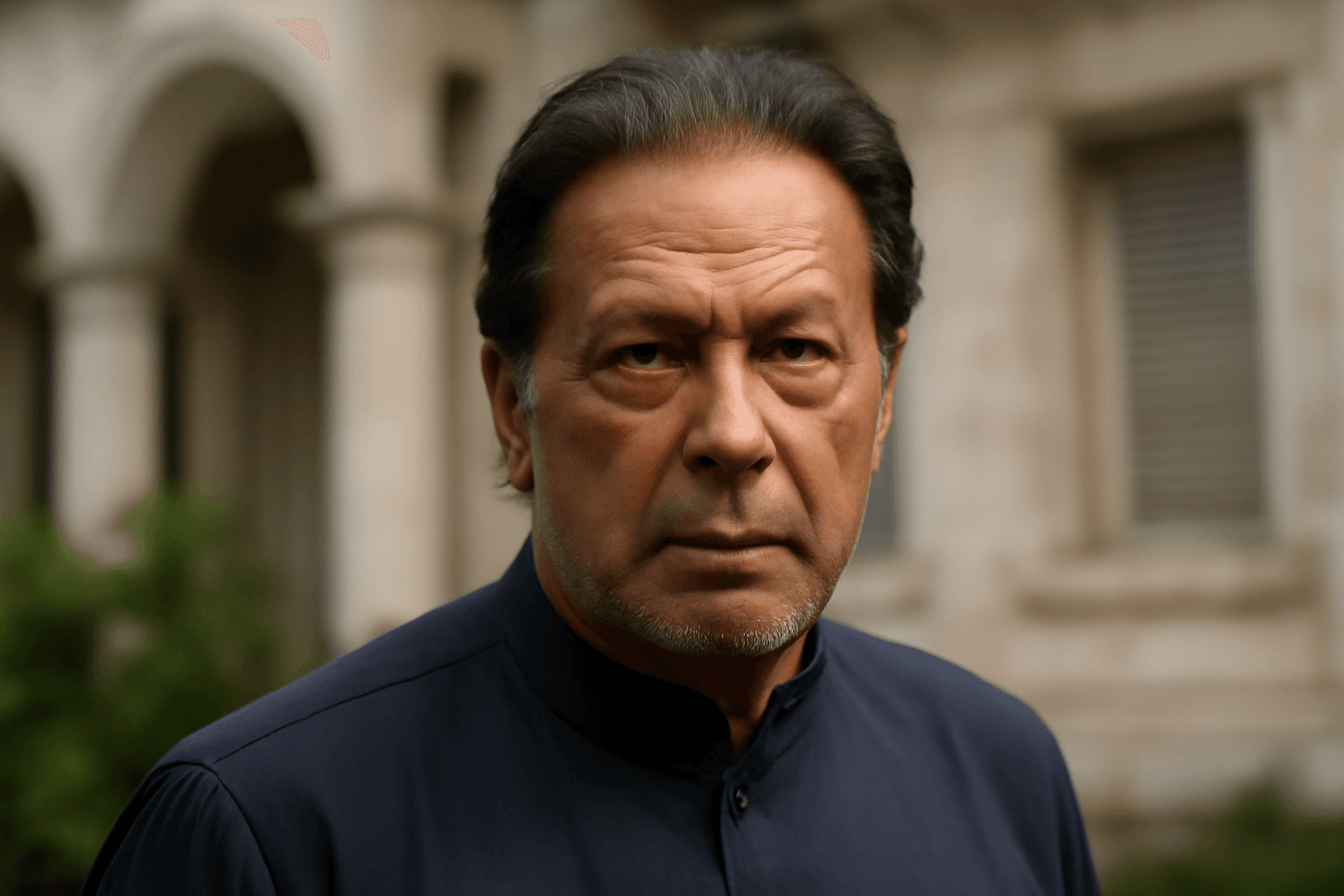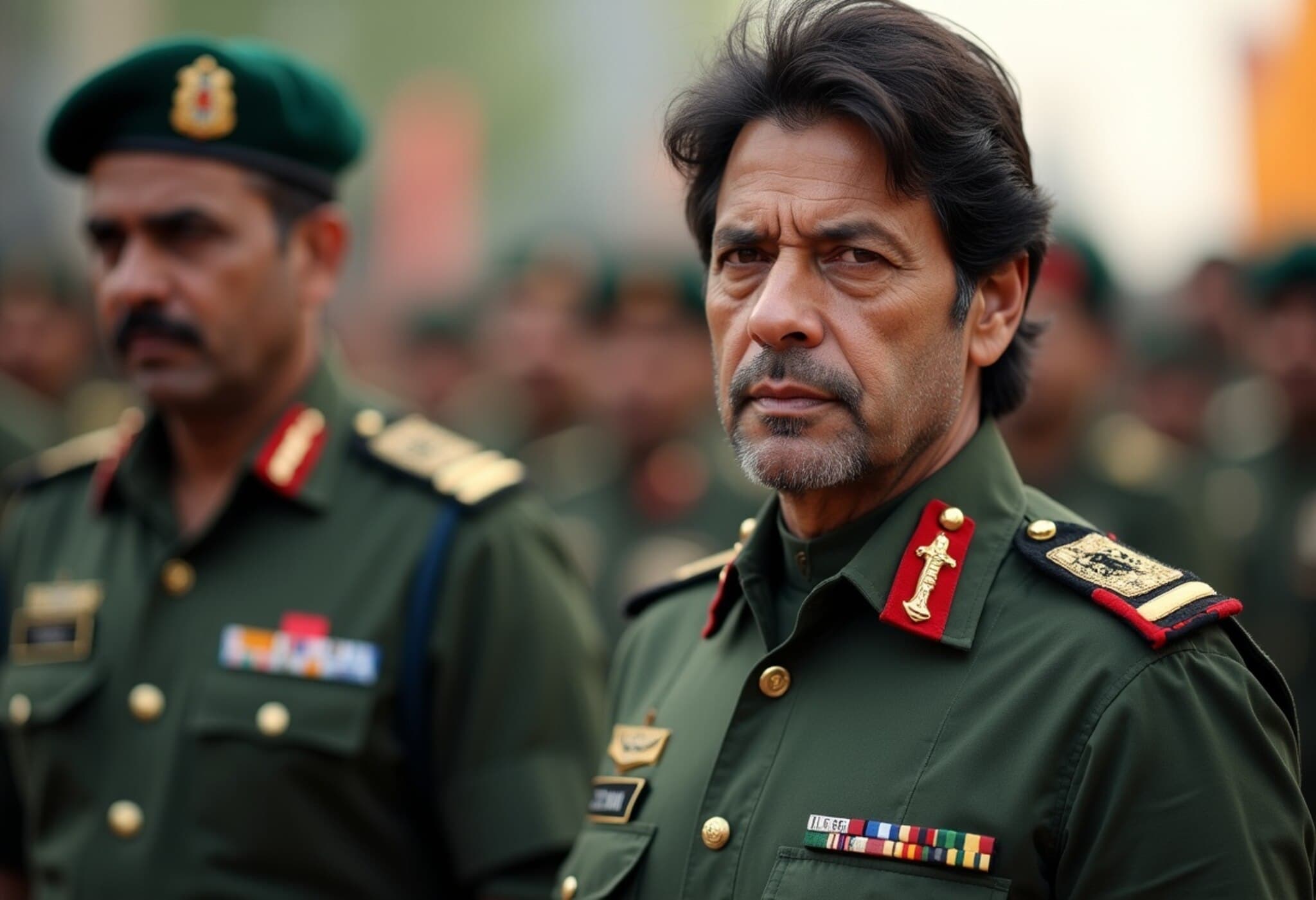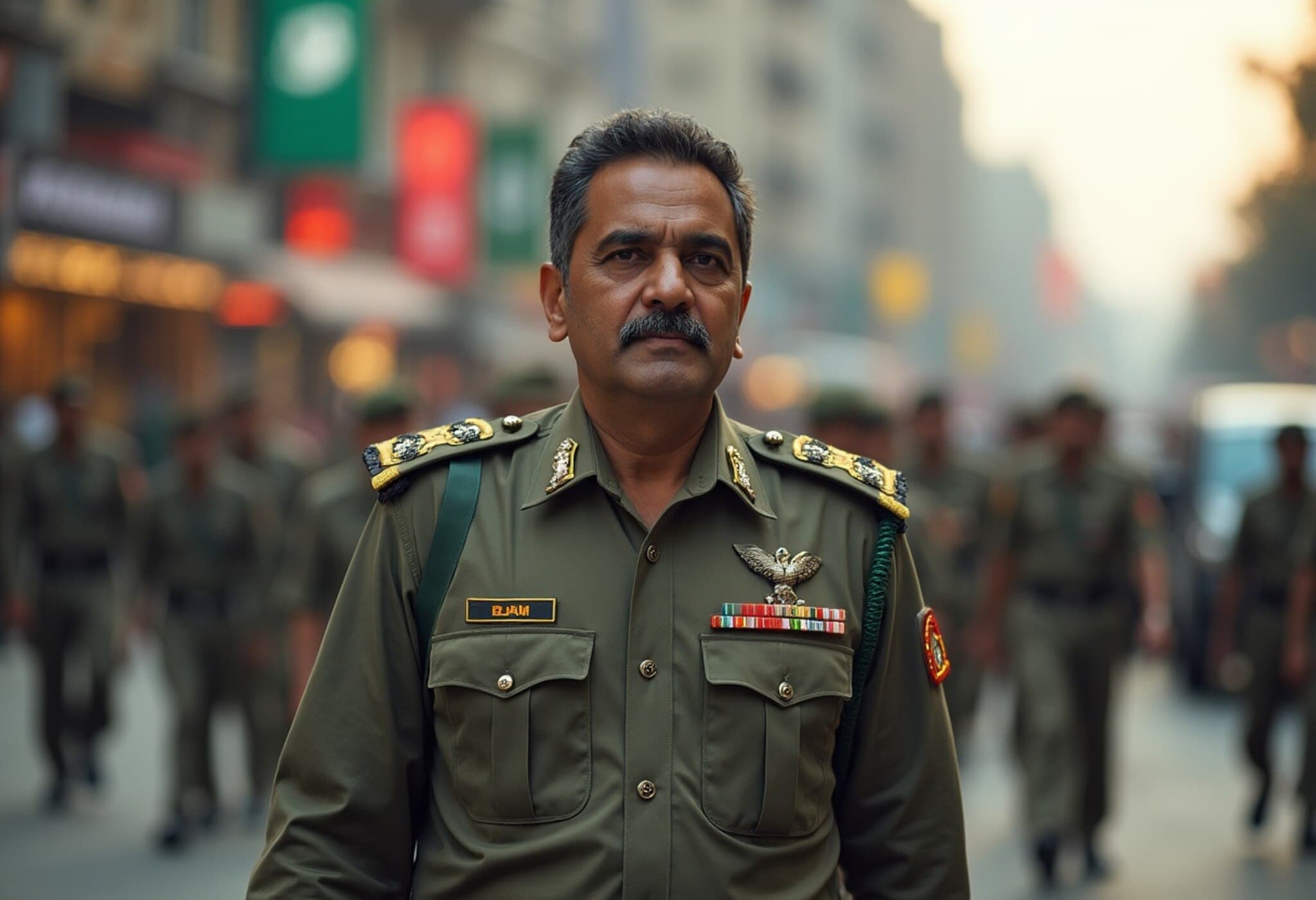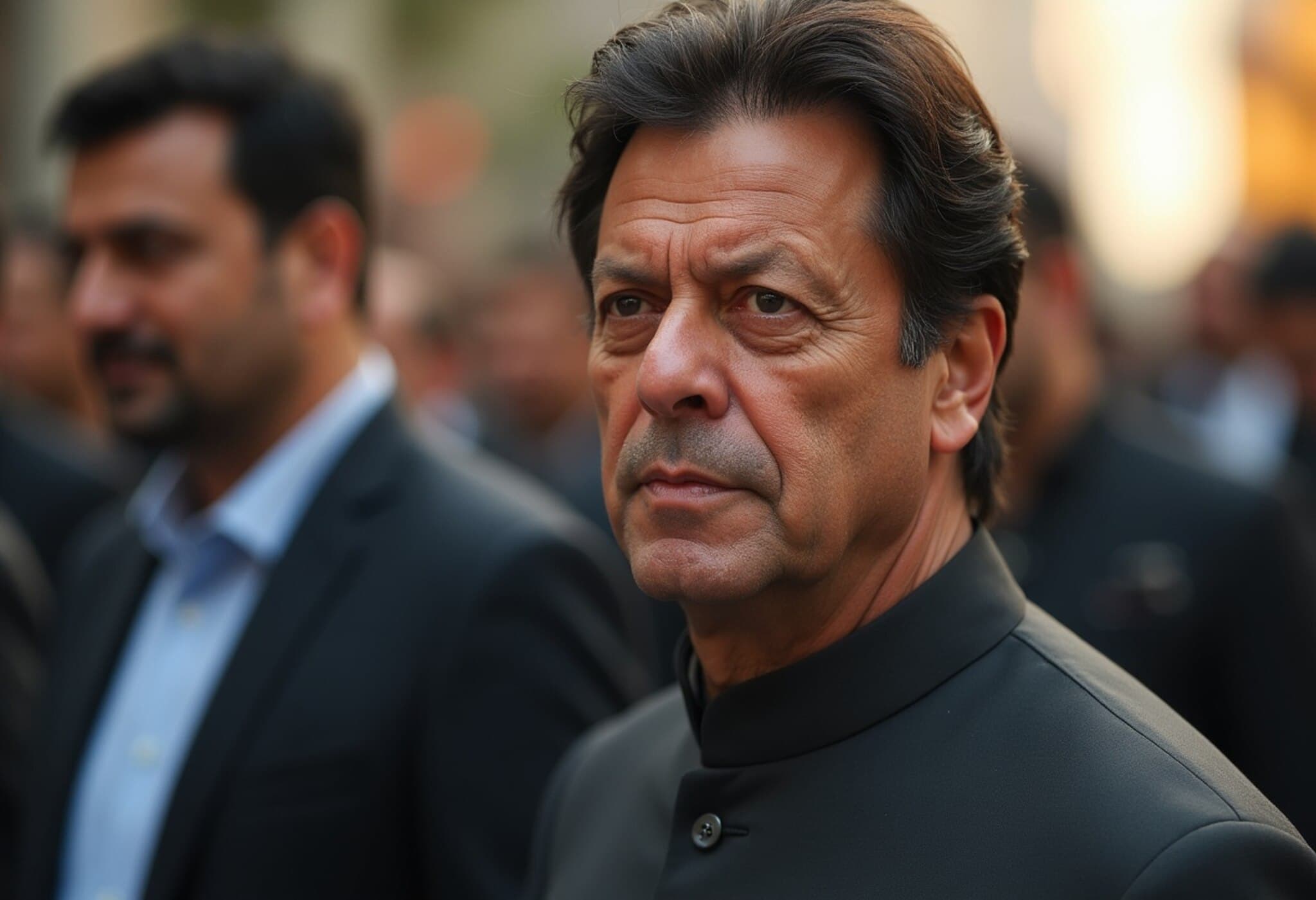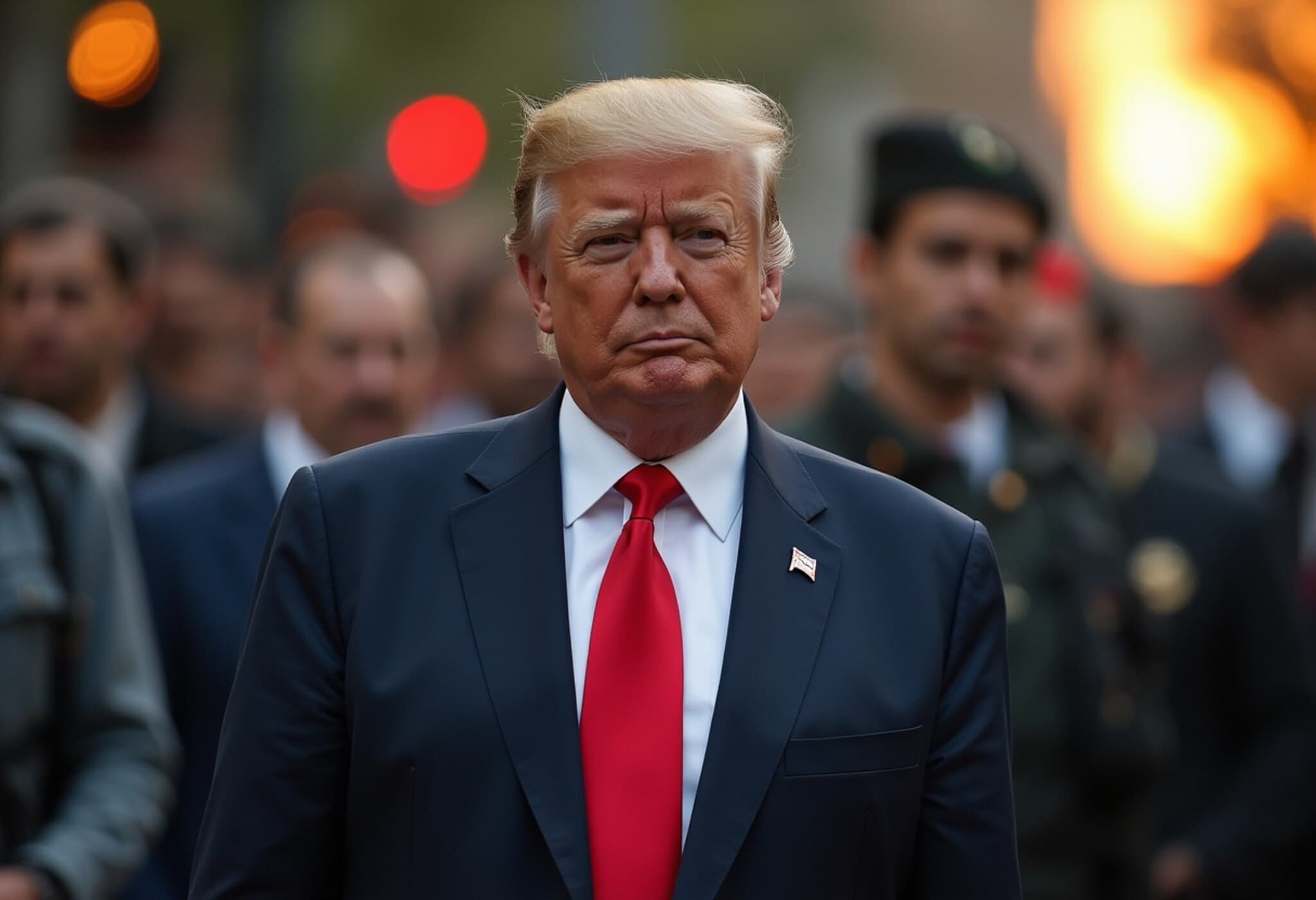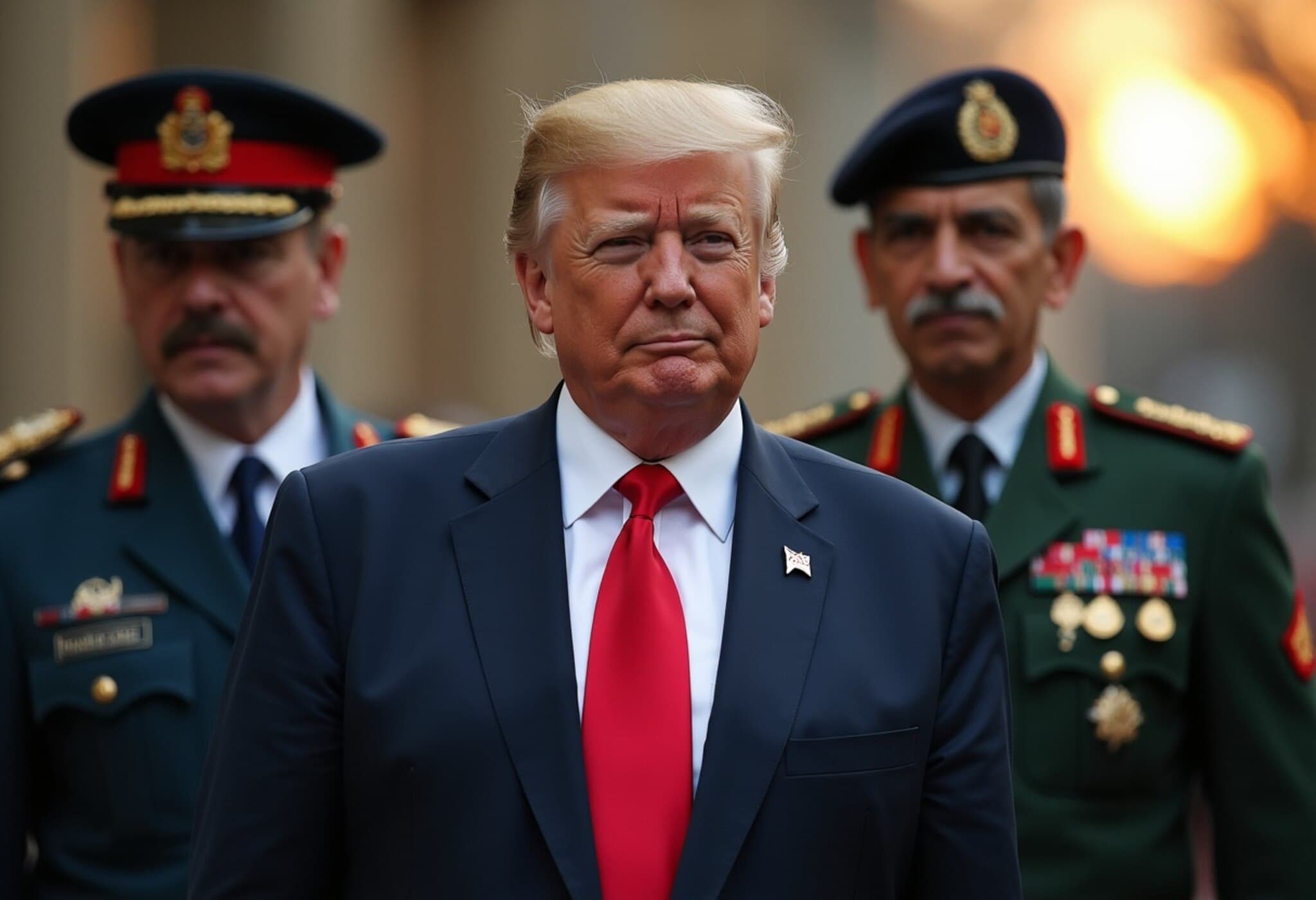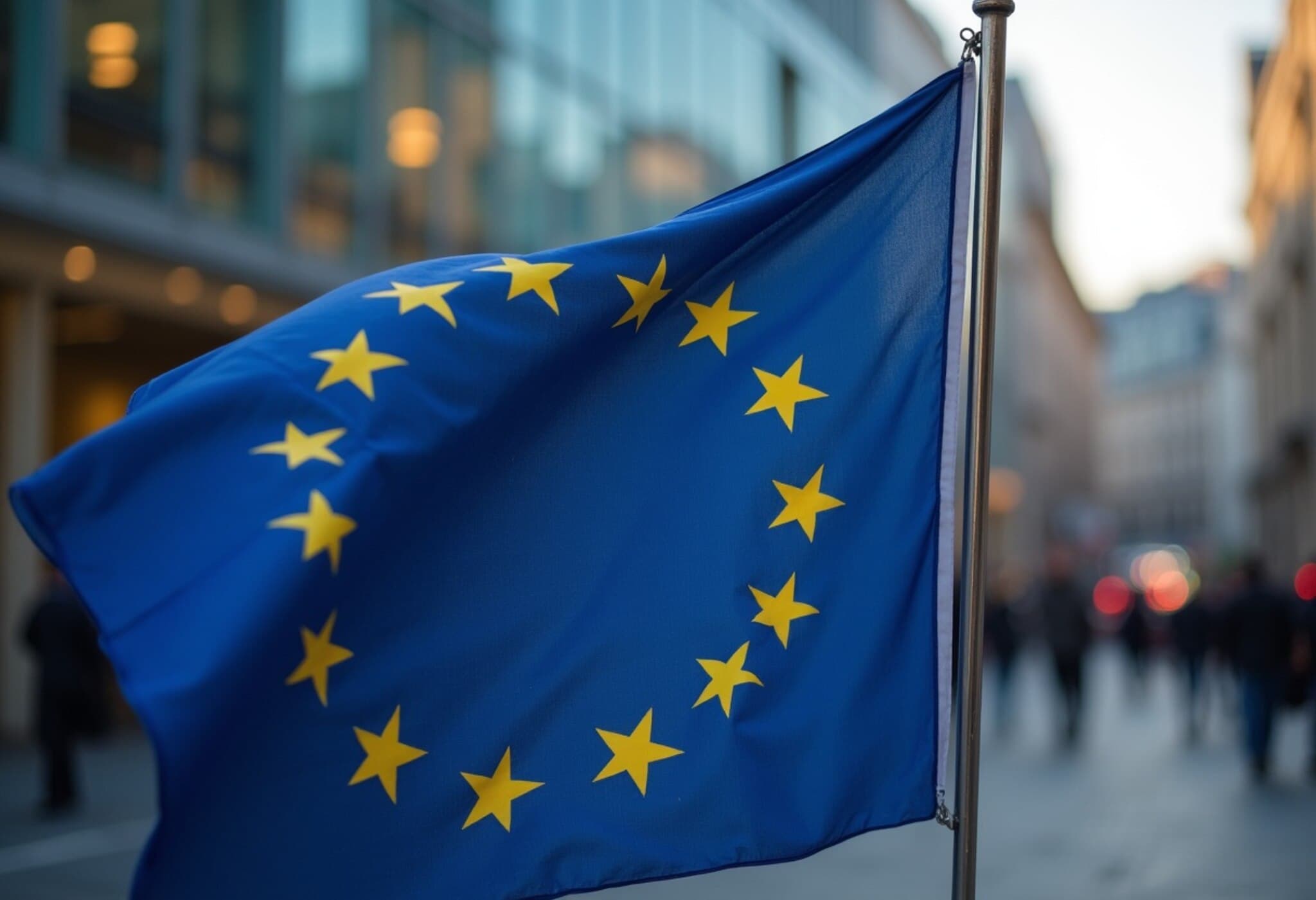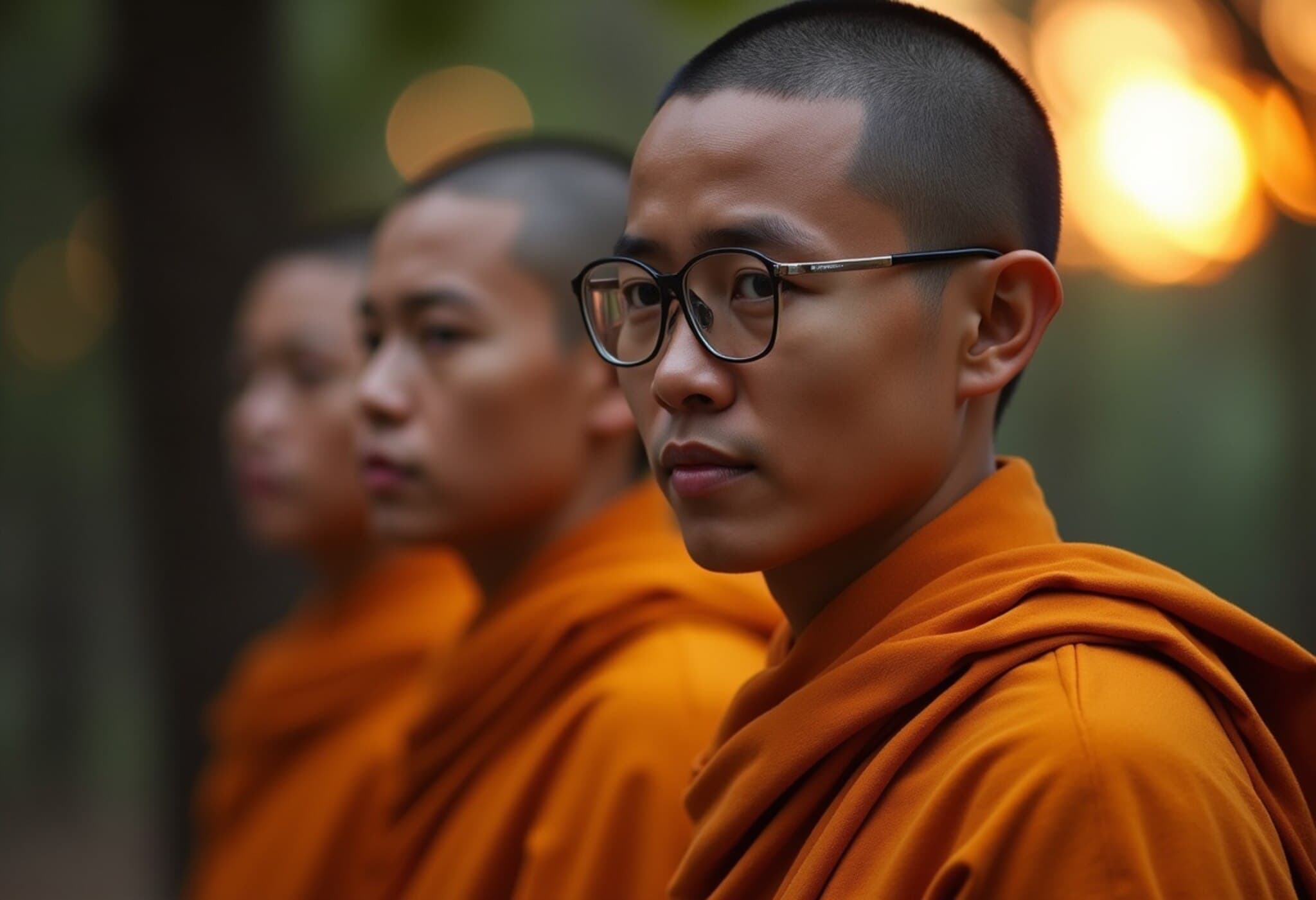Imran Khan Issues Stern Warning Amid Alleged Harsh Jail Conditions
Former Pakistani Prime Minister Imran Khan has made a striking call from prison, urging his party members to hold the country's army chief, General Asim Munir, responsible if anything adverse were to happen to him while in custody. This dramatic appeal highlights Khan’s growing concerns over what he describes as increasingly harsh treatment both he and his wife are enduring behind bars.
Details of Imran Khan’s Jail Conditions
In a recent post on the social media platform X, formerly known as Twitter, Khan revealed that the basic rights and privileges typically granted to prisoners have been suspended for him and his wife, Bushra Bibi. Among the reported restrictions, television access in his wife's cell has been cut off, intensifying their isolation.
He stated, “In recent days, the harsh treatment I face in jail has intensified. The same applies to my wife, Bushra Bibi. Even the television in her cell has been switched off. All basic rights—both human and legally granted to prisoners—have been suspended for both of us.”
Political Context: Imran Khan's Imprisonment and PTI’s Mobilization
Since August 2023, the 72-year-old former cricketer turned politician has been incarcerated, confronting a slew of criminal charges that supporters argue are politically motivated. Khan’s Pakistan Tehreek-e-Insaf (PTI) party has condemned these actions, asserting that his imprisonment is part of a broader crackdown on dissent under the current administration led by Prime Minister Shehbaz Sharif and the powerful military establishment.
Preparing for an assertive push, PTI plans to launch a nationwide campaign starting August 5 aimed at demanding Khan’s release and drawing public attention to what they claim are human rights violations. This campaign reflects mounting tensions between civilian political entities and the military's influential role in Pakistan's governance.
Expert Analysis: Implications for Pakistan’s Political Landscape
Imran Khan’s warning to hold top military leadership accountable signals a bold challenge to the entrenched power dynamics in Pakistan. Historically, the army has been a pivotal actor in shaping the country’s political trajectory, and direct accusations imply escalating conflict within the corridors of power.
From a legal standpoint, Khan’s allegations bring to the fore issues around the treatment of prisoners and due process in politically sensitive cases. The international human rights community frequently scrutinizes such cases for adherence to standards that Pakistan is expected to uphold under global conventions.
Moreover, Khan’s defiance—declaring he is ready to spend his life in prison rather than submit to oppression—resonates deeply with his followers, potentially galvanizing public sentiment against perceived authoritarianism. This dynamic raises critical questions about Pakistan’s democratic resilience and the evolving nature of civil-military relations.
Broader Implications for Regional Stability and International Relations
Pakistan’s political stability often reverberates beyond its borders, impacting regional security and international diplomatic ties. Increased domestic unrest fueled by high-profile imprisonments risks complicating Pakistan's foreign relations, especially with allies invested in the country’s democratic processes and counterterrorism cooperation.
Observers should watch closely how this standoff develops, as it could influence not only Pakistan’s internal governance but also the broader geopolitical equilibrium of South Asia.
Editor’s Note
Imran Khan’s distress call from prison sheds light on the deepening fracture between Pakistan’s political leadership and military authorities, a fault line with profound implications for democracy and human rights in the country. As PTI gears up for a nationwide campaign, the coming months will be critical in determining whether this confrontation leads to meaningful dialogue or further polarization. Readers are encouraged to consider how justice, transparency, and institutional accountability play vital roles in democratic societies grappling with power struggles.

